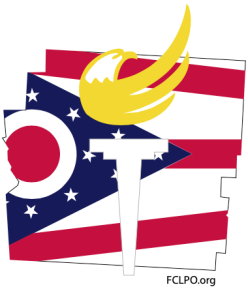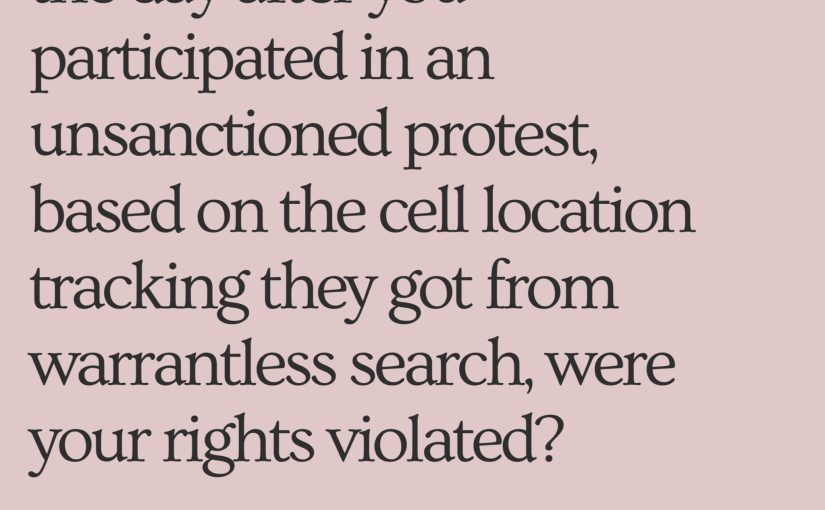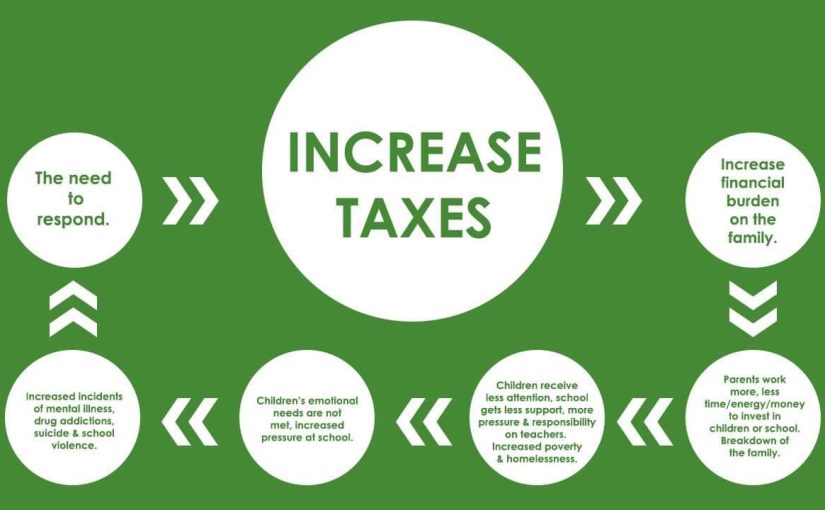#ThinkLibertarian
Author: Michael Sweeney
Don’t
Marxism is a scam.
Should the govt… no.
#ThinkLibertarian
Raising taxes reduces family income, pushing parents to work longer, leaving less time for children. This neglect can lead to emotional issues, increasing reliance on schools for support, which then need more resources, prompting higher taxes.
#ThinkLibertarian
There should be zero wolves.
No freedom lost is ever regained without violence.
#ThinkLibertarian
Alcohol, Tobacco and Firearms should be the name of a convenience store, not a govt agency.
#ThinkLibertarian
Google Ron Paul.
#ThinkLibertarian
Free college will have the same market value as that free high school.
#ThinkLibertarian










